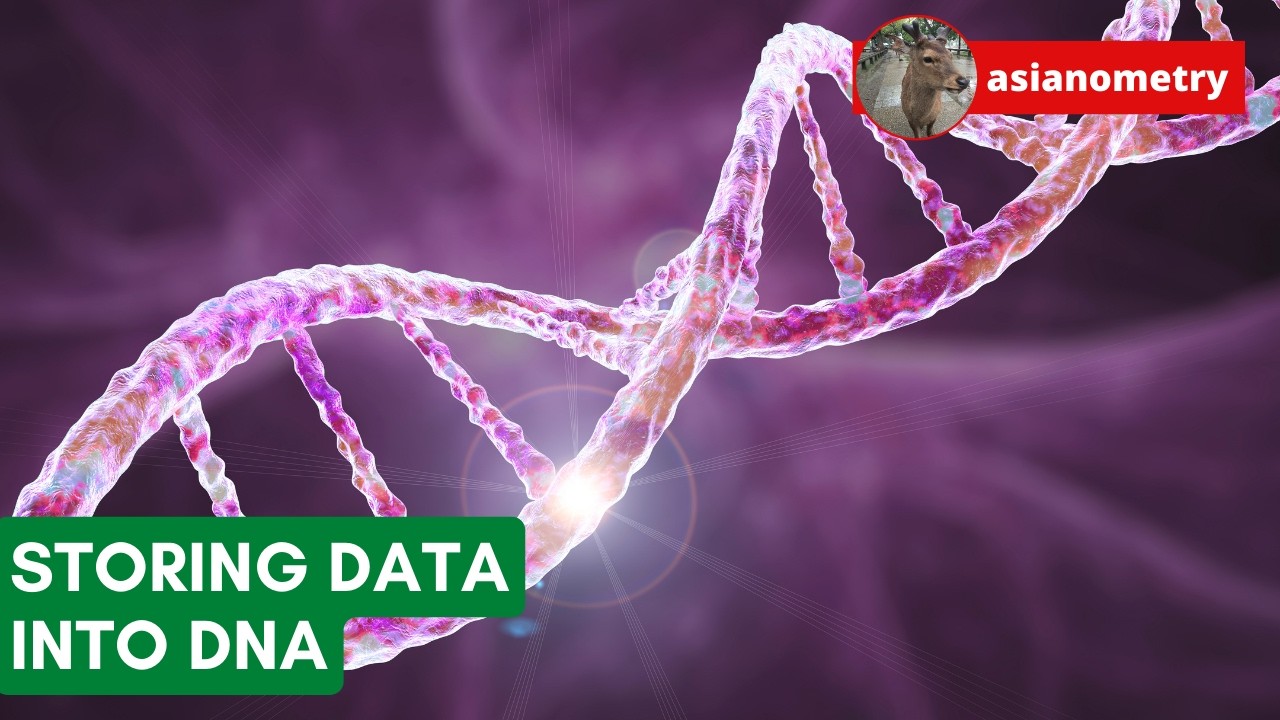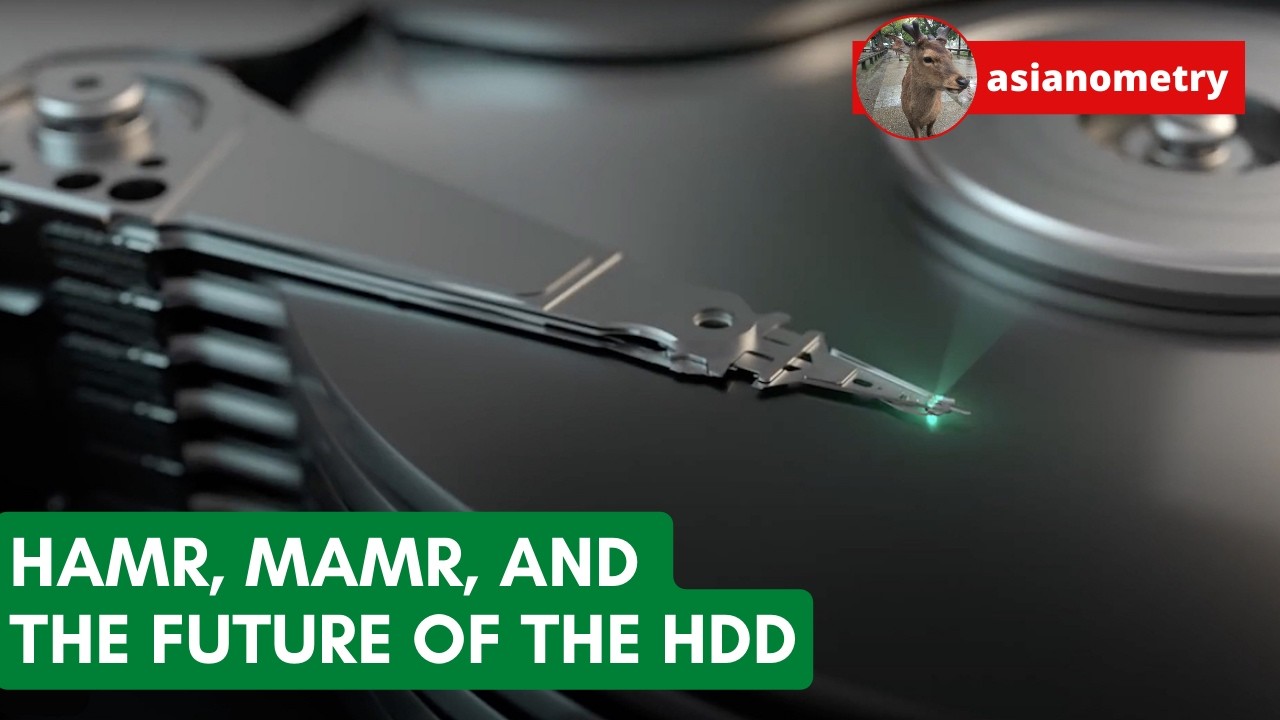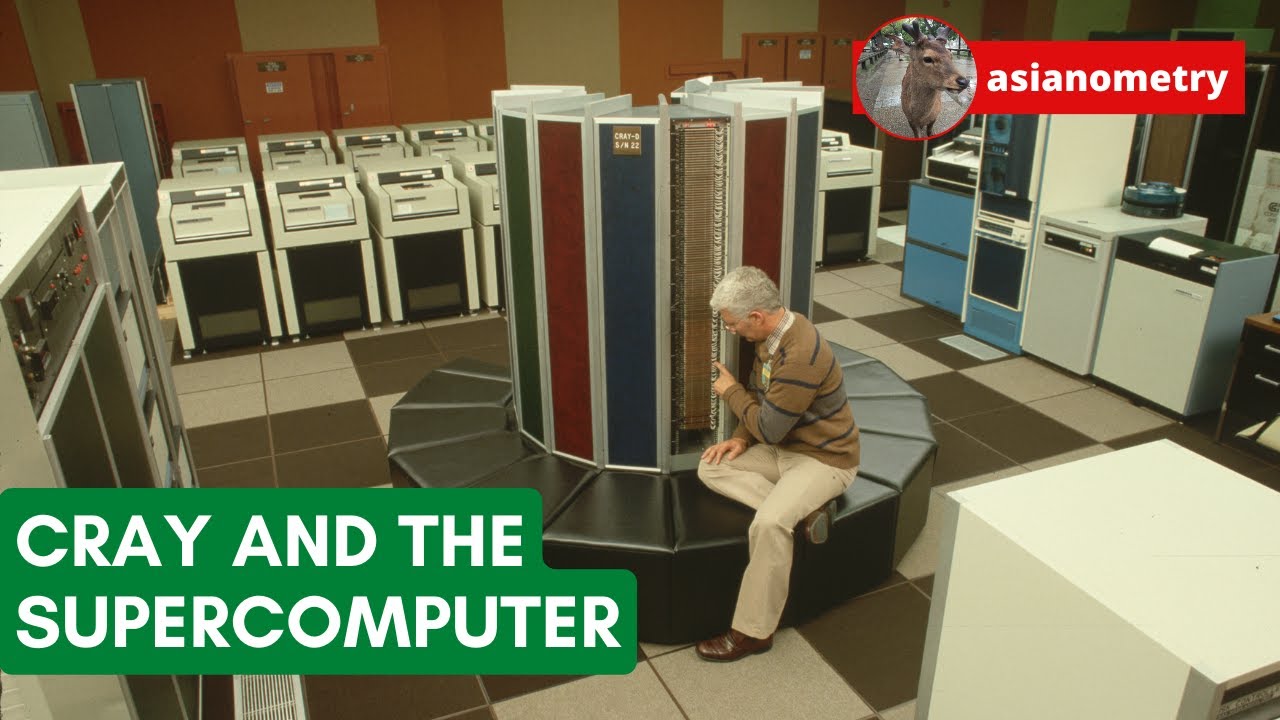

As for minors, their mind is still developing, […] Not knowing even the basics of cognitive development of children, I feel like there’s not even a point to discuss with you
Are you sure you replied to the right guy because that’s an argument I made from the start.















Algorithmic patents amount to patenting maths which, by very longstanding precedence, is not a thing, for good reason. Same goes for business methods and other stuff.
In the EU there’s only one way to patent software and that’s if you’re using it to achieve direct physical ends. E.g. you can patent washing machine firmware in so far as you patent a particular way to combine sensor data to achieve a particular washing result. Rule of thumb: If, 30 years ago, you’d have an electromechanical mechanism to do the task then you can patent the software that’s now replacing it.
Oh: It’s also possible to patent silicon, that is, you can patent your hardware acceleration methods for video decoding. That doesn’t extend to decoders running on general-purpose hardware, though.
If you want to monopolise your brand-new hash algorithm there’s a simple way: Don’t publish the source, use copyright to collect royalties… though that doesn’t mean that reverse engineering is outlawed, especially if necessary for interoperability. Practically speaking nope hash algorithms just can’t be protected which is fair and square because it’s academia who comes up with that kind of stuff and we paid for it with taxpayer money. Want to make money off it? Get tenure.